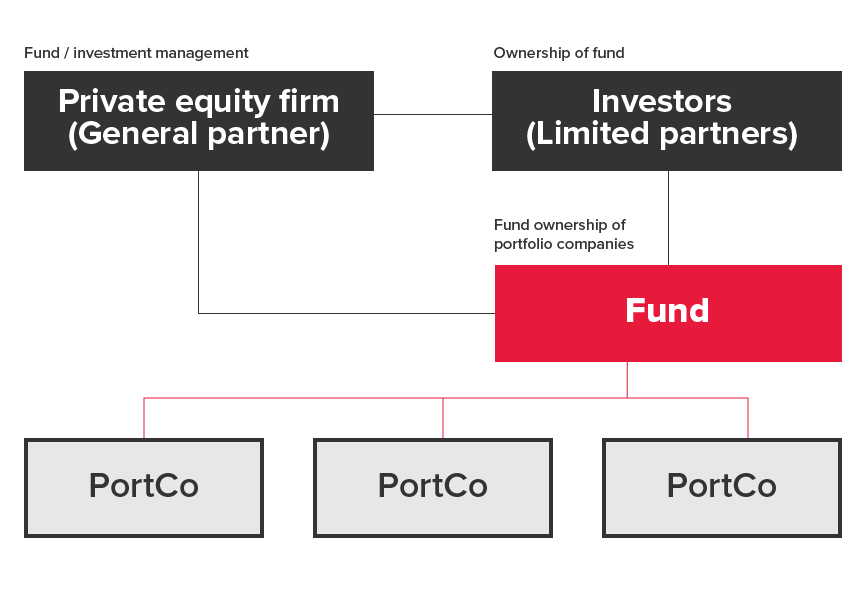Your management team will be aware of the importance of agenda alignment amongst the leaders of your business. This comes into even sharper focus when a private equity investor joins the board.
The agenda of your investors is to drive value. Investors may not share the altruistic objectives of your team, although there is considerable growth in impact investing. Real success in a relationship with private equity comes where there is significant alignment, and non-aligned factors can be clearly de-prioritized. It’s important to have absolute clarity about your own objectives and those of your team before deciding to look for an investor.


